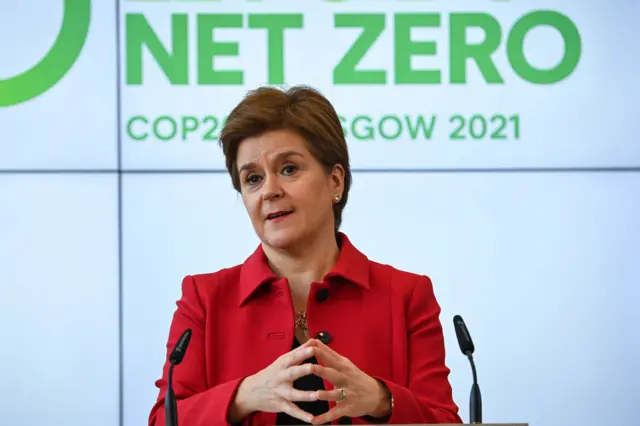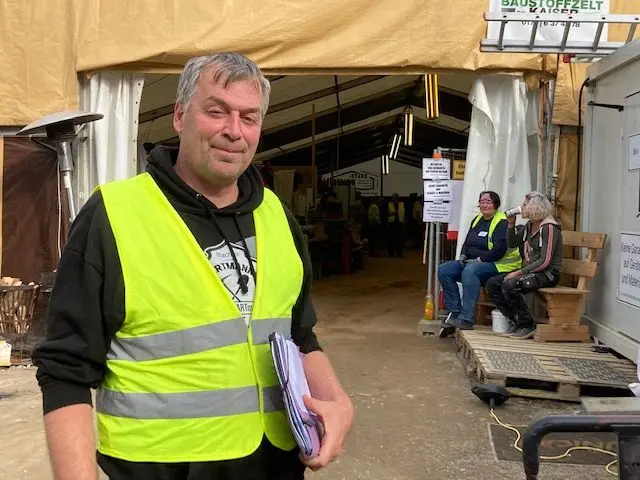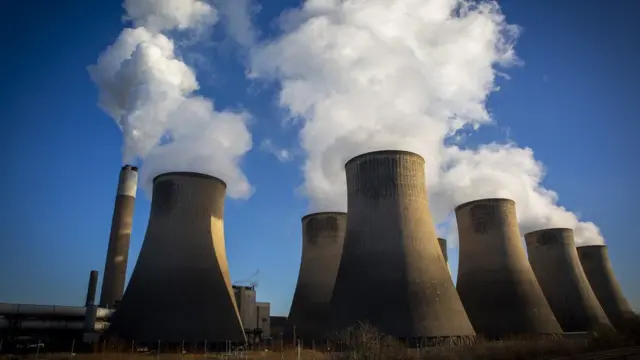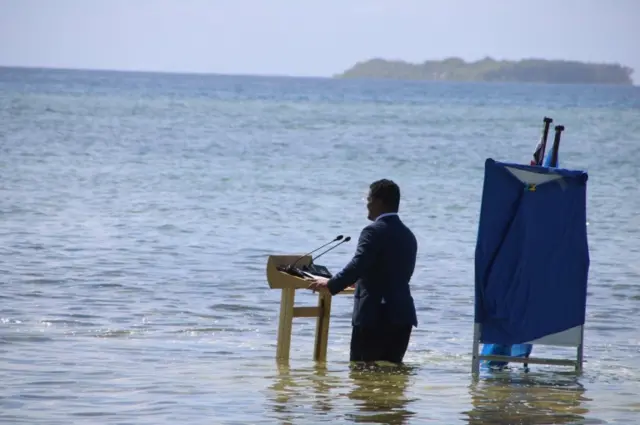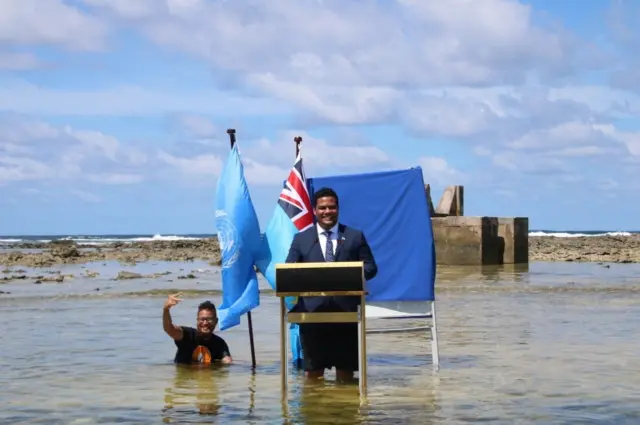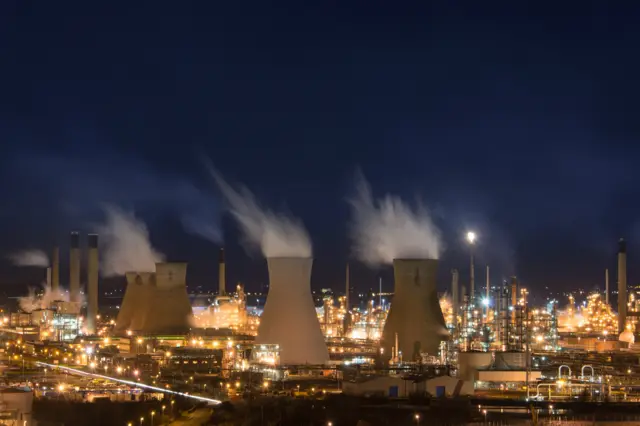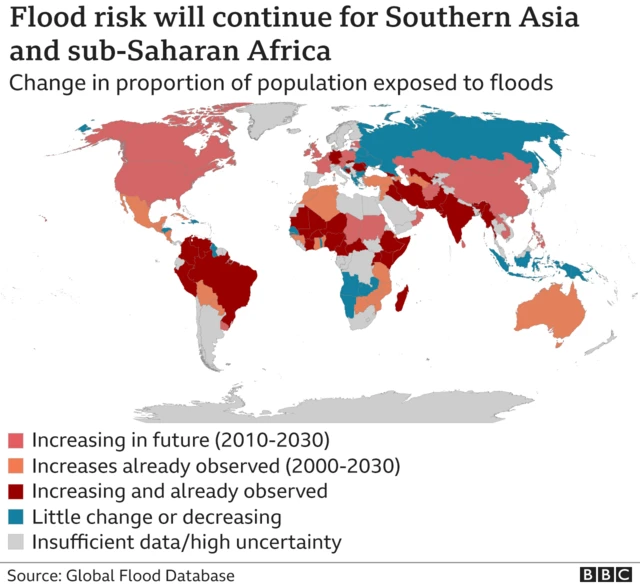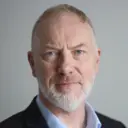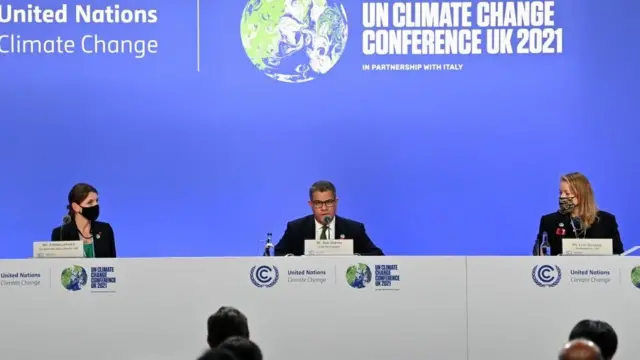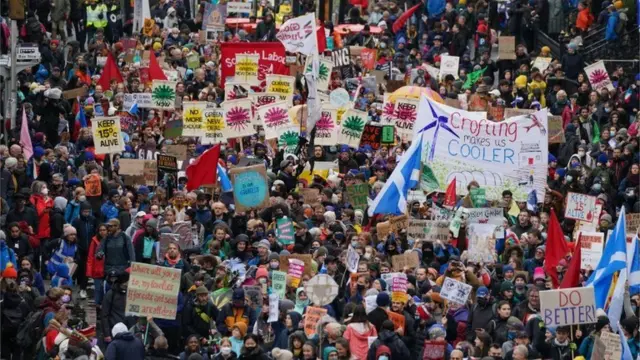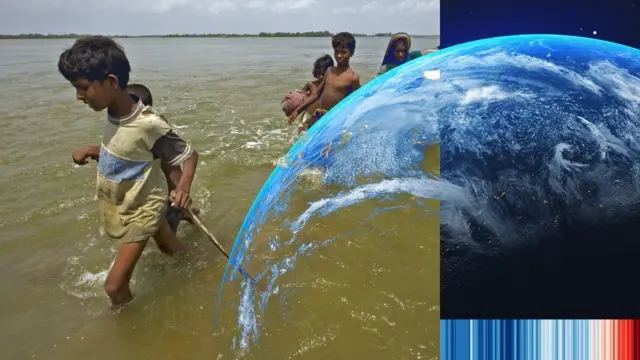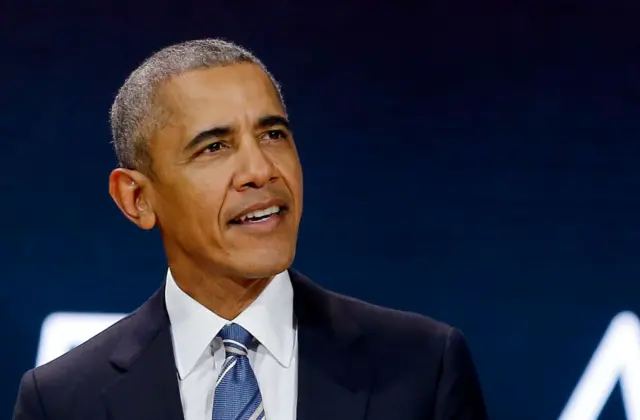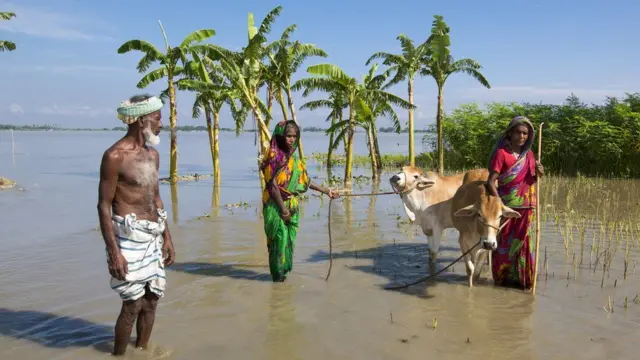Current pledges put global warming cap at 1.8C - ministerpublished at 10:00 GMT 8 November 2021
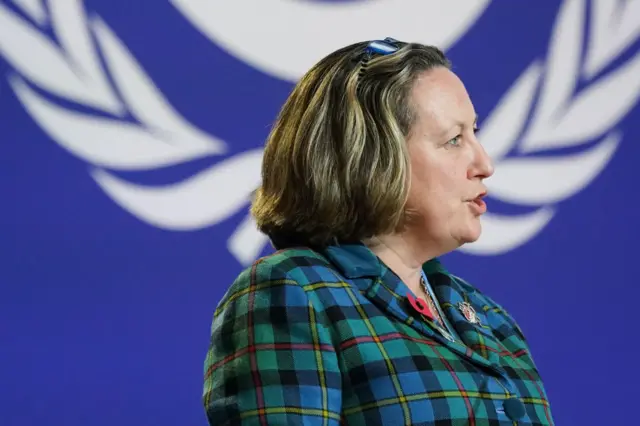 Image source, Getty Images
Image source, Getty ImagesThe world is making "huge progress" towards the 1.5C cap on global warming - one of the major focuses of the COP26 summit - but needs to do more to get there, a cabinet minister says.
"The latest review of all the pledges and the commitments and the level of investment that we are seeing coming through assessed by independent voices say we think we are nearer 1.8C at the moment," International Trade Secretary Anne-Marie Trevelyan tells BBC Radio 4's Today programme.
"So that's a huge step forwards, we think we were somewhere around 3C plus before this year so huge progress there," she says.
But the UK must hold other rich countries to account to make sure the most vulnerable countries get the money they need to become more resilient to the climate shocks that are coming, she says.
"Even if we fix this year to emissions challenge today you've got 100 years of climate disruption that will continue to come," she says.
A note on those projections that Trevelyan mentions.
The International Energy Agency has indeed said that new climate targets could limit warming to 1.8C if promises are fully implemented - a big caveat. However the group also says that although many countries have pledged to reach net zero by 2050, many are not taking enough action in the short term to keep 1.5C in reach.

